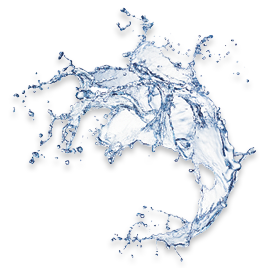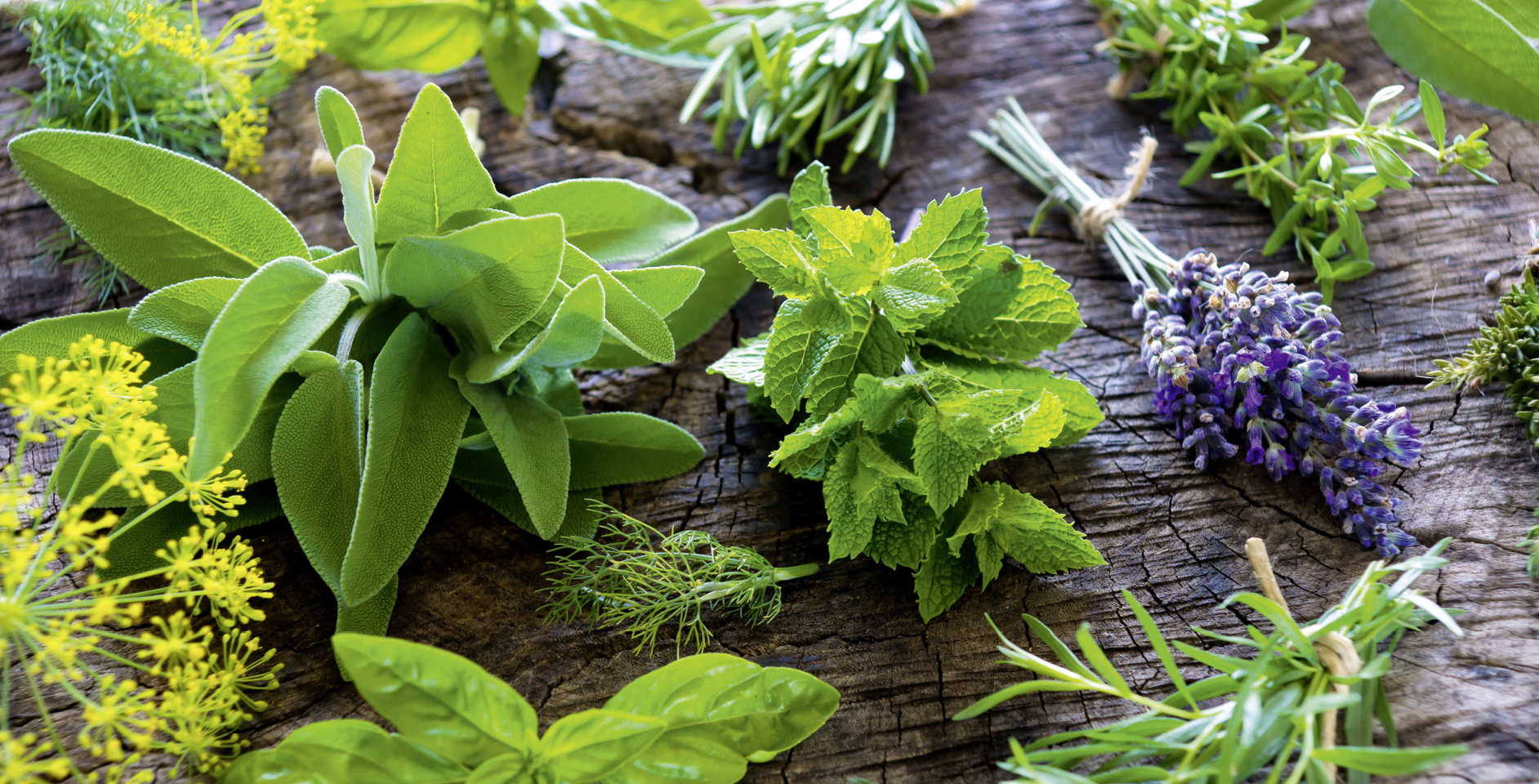


It’s not just the colours, shapes and scents that make herbs so fascinating. Their effects are far-reaching, and they have been fascinating us since time immemorial.
A blend of 42 herbs, spices, flowers and roots gives Appenzeller Alpenbitter its unique taste. The exact recipe is Emil Ebneter’s great legacy.
We took a handful of herbs from our herb room to show you what these natural treasures have to offer.
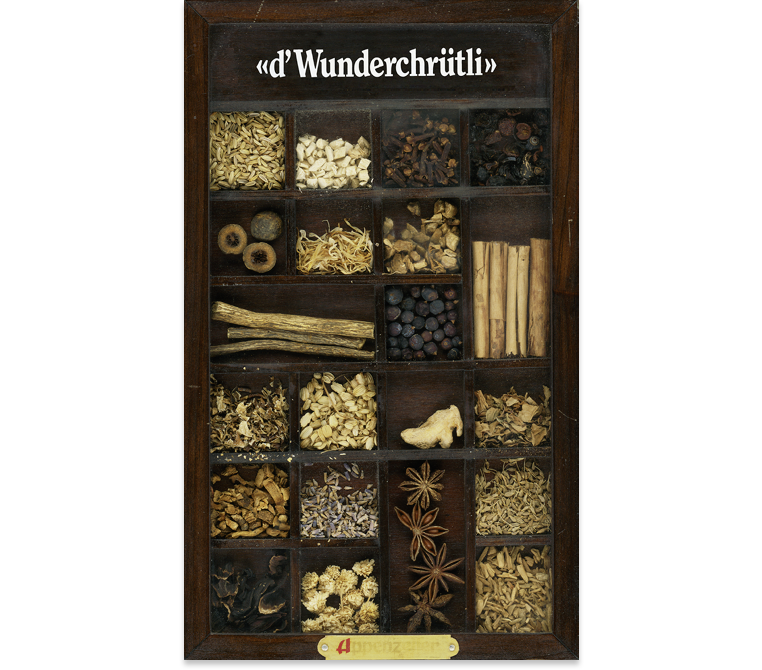

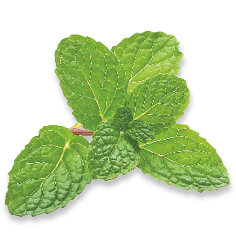
The ancient Egyptians valued the effects of mint, which has a cooling and calming effect, while also stimulating the production of digestive juices. The aroma is said to boost memory and concentration, and peppermint oil rubbed into the skin helps with muscle pain and headaches.
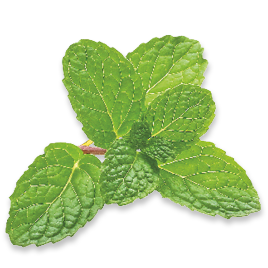
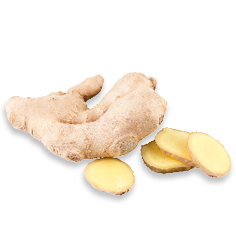
This spicy root has a lot more to offer than its tangy aroma – ginger has a warming effect and can help to reduce inflammation. It is also a popular household remedy for nausea. As a fresh spice, ginger is used in Asian dishes and curries.
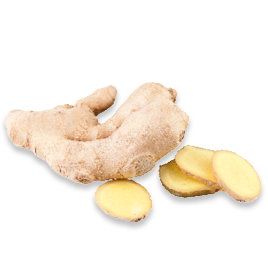

In the ancient world, juniper was used to disinfect wounds and boost bile flow, and also as a diuretic, while in medieval times, it became one of the most valuable medicinal plants. The tree’s branches continue to this day to be used for traditional wintertime smoking, both in the home and in the stables.
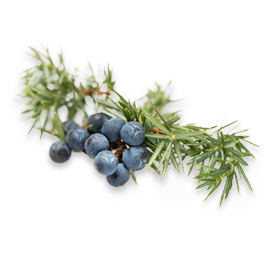
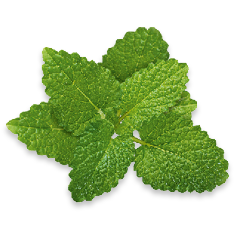
Lemon balm was highly regarded as a medicinal herb in ancient Greece, and continues to be used to relieve gastrointestinal complaints. It also has a calming effect. Baths with lemon balm leaves help with inflammation of the skin, and can also offer fragrant relaxation for those without any particular complaints.
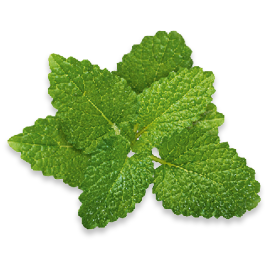

Not only does it look pretty, it also has a beautiful scent. In perfume production, however, it is the leaves and not the petals of the wood violet that are used. In the kitchen, candied violet blossoms are often used to decorate desserts. Hippocrates used the plant as an aphrodisiac and also to resolve visual impairments and relieve headaches.

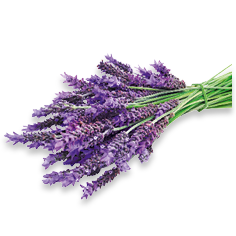
Lavender flowers have mild calming and anti-bloating properties, and help to boost bile flow. They are also used in aromatherapy, and the essential oils are often used in cosmetic products such as soap. The name lavender is most likely derived from the Latin lavare, which means to wash.


As this flower is protected in our Alpine landscape, it is cultivated in plantations for use in Appenzeller Alpenbitter. The root is used to produce both gentian schnapps and a bitter tonic that aids digestion. In medieval times, yellow gentian was also used as an antidote in the event of poisoning.
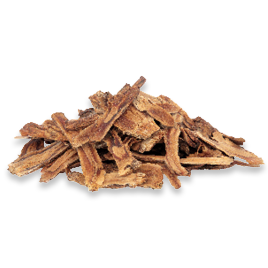

Camomile is queen of the medicinal plants and a real all-rounder with its broad array of uses. Most commonly known are the anti-inflammatory and anti-bloating effects of camomile. While the plant is native to southern Europe, camomile tea is considered a national drink in Mexico, alongside tequila.
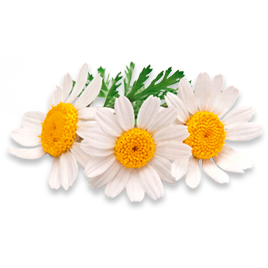
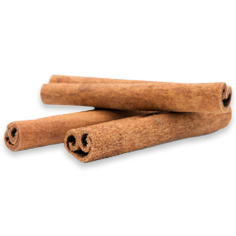
Cinnamon was valued in ancient times for its disinfecting effect, and was even used as a water disinfectant. Today, it is a popular remedy for reducing blood sugar and blood lipids and for relieving colds and indigestion.
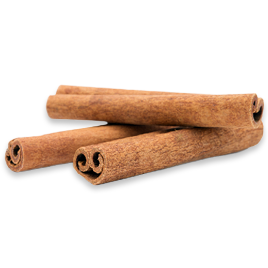
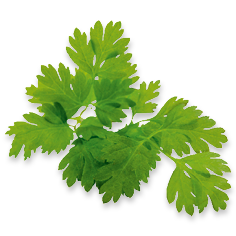
Appenzeller Alpenbitter contains the seeds of coriander plants, which are often also included in powder form in curry spices. The essential oils aid digestion, stimulate the appetite and have an amazing antibacterial effect.
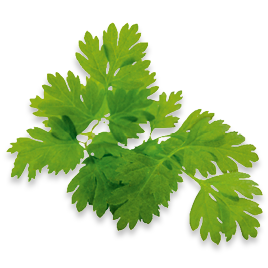
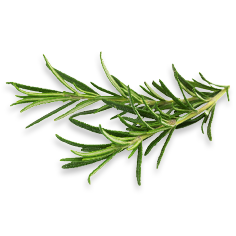
The name rosemary is derived from the Greek term rhops myrinos, which means balsam bush. One of the first recorded perfumes, Hungarian water essence, already contained rosemary back in 1370. The plant generally helps to stimulate digestion and blood flow.
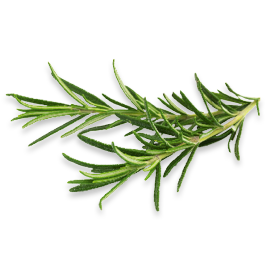
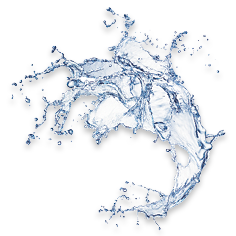
Fresh spring water originating from the Alpstein massif is added to the 42 herbs and spices. The balanced mineral content of the water can be attributed to the rock layers of the Appenzell mountains and their diverse flora. Having rushed through kilometres of mountain landscape, this water is guaranteed to bring a taste of freedom to every glass.
